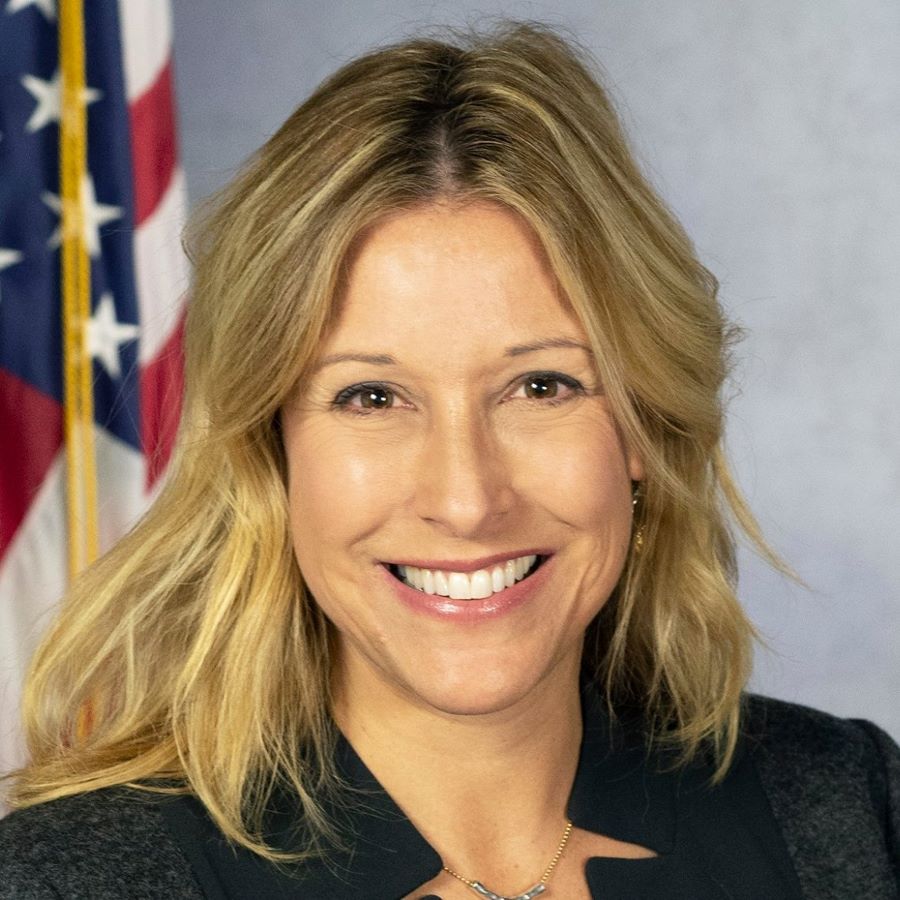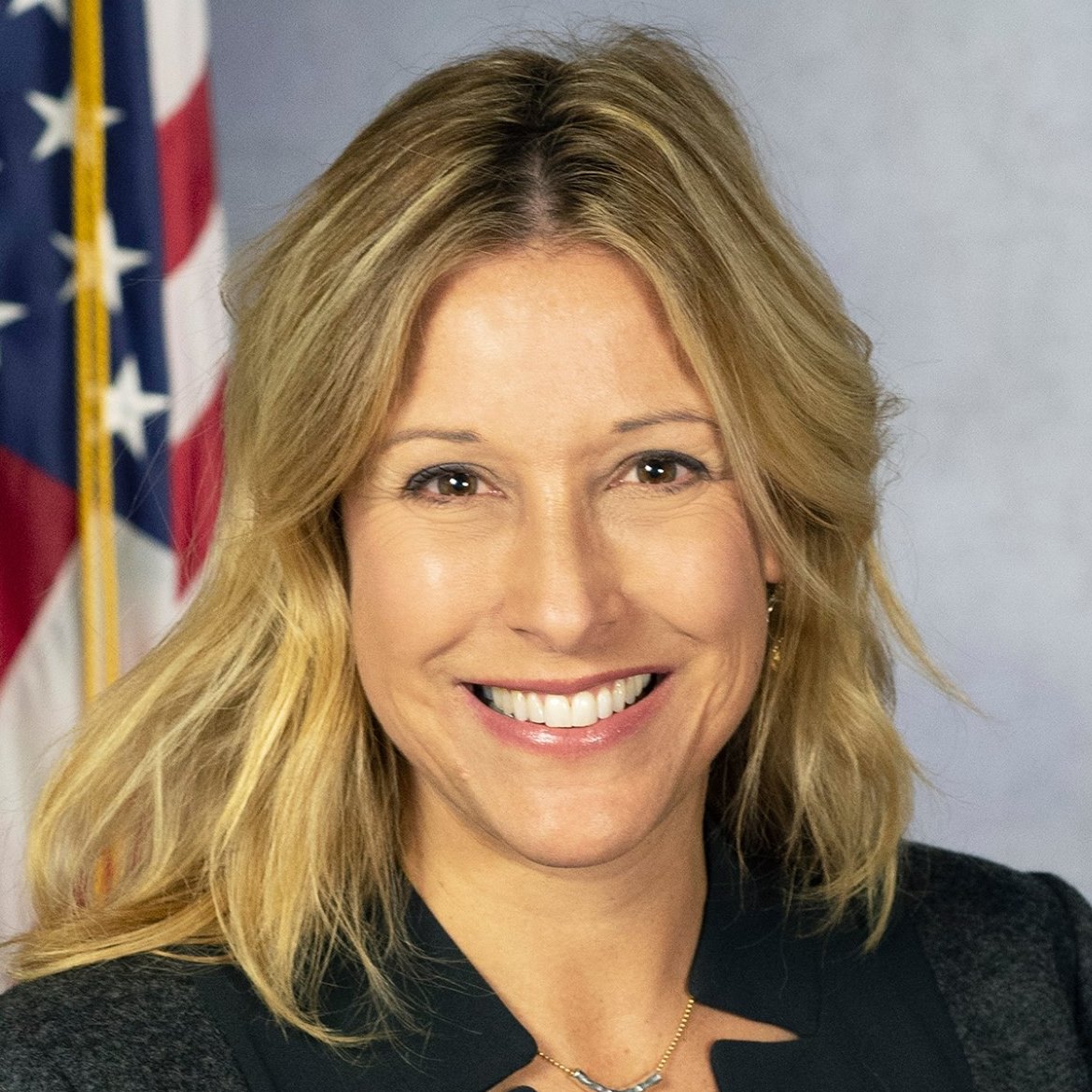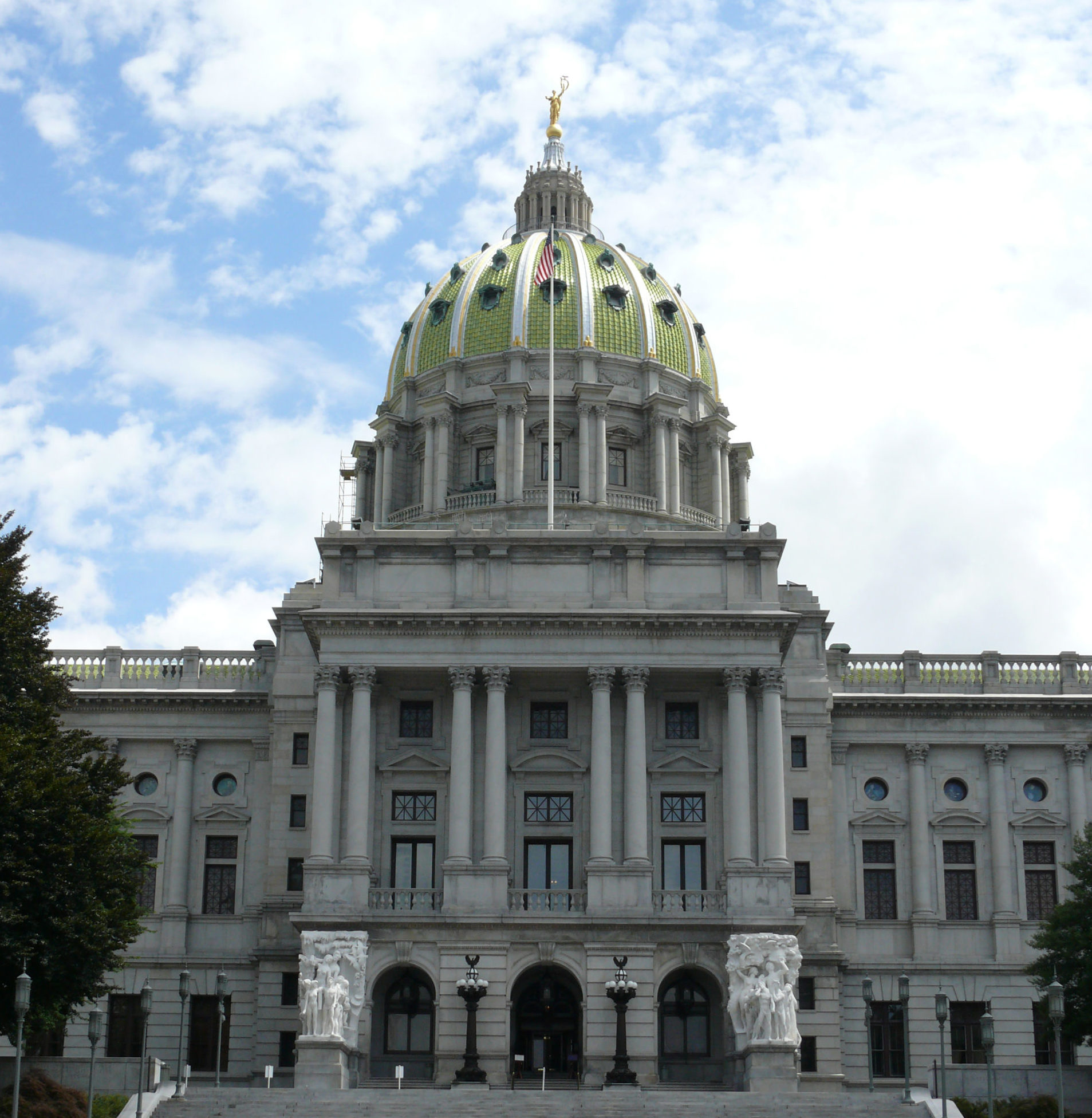Is deep-blue Chester County ready for the Women in Red? That’s the nickname three Republican House candidates have picked up as they work together running for office in a county Joe Biden carried by 17 points over Donald Trump in 2020. Regina Mauro in the 157th District, Tina Ayala in the 158th, and Melissa Dicranian […]





